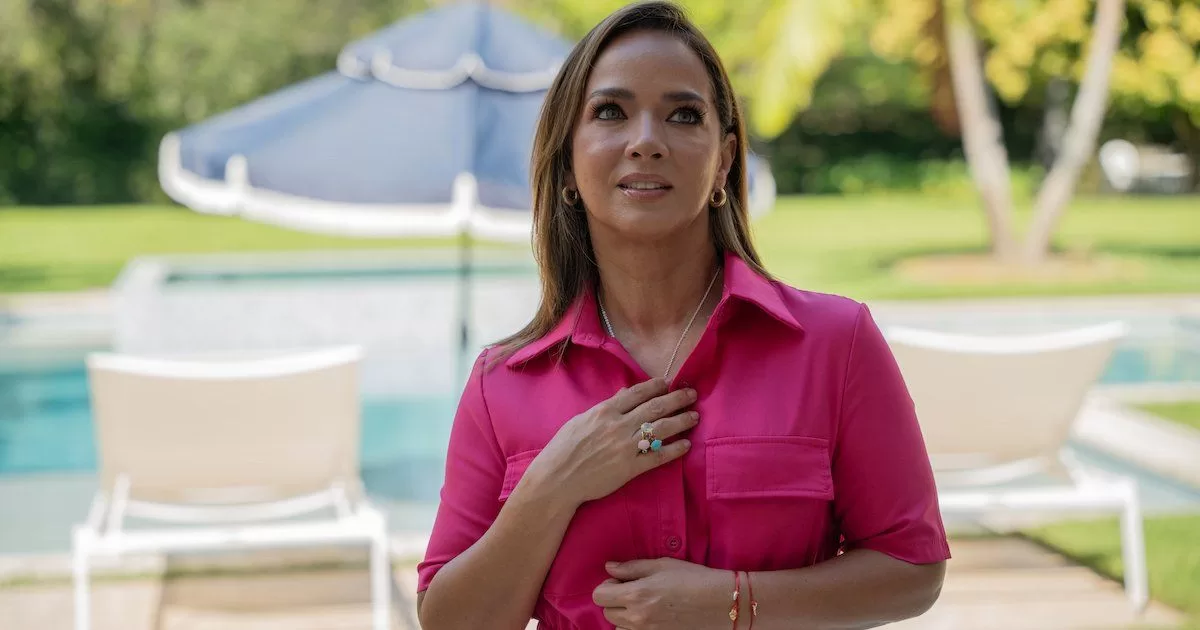Two antagonistic debates were organized on Friday at the Angoulême comic book festival to address the case of Bastien Vivès, an author accused of promoting pedocrime in his albums.
Bastien Vivès is not present at the Angoulême comic book festival (FIBD), but his name is on everyone’s lips. The references to this author accused of promoting paedocriminality in Little Paul and The Mental Dumpand whose exposure to FIBD was canceled last December, are omnipresent even on the walls of the city.
“Children do not provoke desire: adults are the culprits”, “Child pornography: complicit publishers, guilty broadcasters”, can we read on posters pasted not far from the Paper Museum of Angoulême, where was to take place the exhibition In the eyes of Bastien Vivesfor which he had had carte blanche.
Two public debates addressed the case during the day on Friday. Around forty authors refused to take part in the FIBD event, which was hosted by the magazine Point. Reason given: “a subject that is too sensitive” and “too many blows to take”, according to journalist Romain Brethes, host of the debate.
“I didn’t want to participate in the debate, because the festival wanted to restore its image. And it was done at the last moment. They call us and wait for us to come,” denounces the author Mirion Malle. “We also know very well that it will be a very polished speech. What is important is that it be militant, political, politicized, that it be in reaction.”
Refusal to “smooth the scandal”
Mirion Malle preferred to participate in the debate of the Collectives The reasons for the anger and #MeTooBD, organized at “Spinoff”, FIBD’s underground counterpart. The historian and screenwriter Marie Bardiaux Vaïente, the jurist Anne-Laure Maduraud and the editor Catherine Staebler were present. Journalist Iris Brey and illustrator Joanna Lorho participated by videoconference.
“We had a full house”, welcomes Marie-Paule Noël, co-organizer of the meeting. “The important thing was to have different points of view. The questions of the representation of an image and sexism were raised. There was a history of struggles in comics.” Objective: to go beyond the argument of censorship and refuse to “smooth the scandal”, specifies Mirion Malle.
“Anne-Laure Maduraud also explained in a very clear and very educational way everything that exists in the law, in what ways Bastien Vivès’ drawings can fall under the law”, adds Marie-Paule Noël.
“We also talked about collective struggles,” adds Marie Bardiaux Vaïente. “There is never a single individual. Even he [Bastien Vivès] is part of something systemic. We must always question the society in which we live. It all fits into a story. We didn’t wake up one morning against this artist and this exhibition.”
freedom to draw
A few hours later, the festival debate, entitled “Sexuality and comics: can we draw everything?”, took place in the presence of the historian of comics censorship Bernard Joubert, the director of the FIBD Franck Bondoux and Coco, figure of Charlie Hebdo. The 9th Art specialist Benoît Peeters, initially announced, has canceled his participation.
Moving away from its basic premise, the discussion touched on various topics related to freedom of expression. Recalling the importance of the freedom to draw, Coco returned to “the violence” of the cancellation of the Bastien Vivès exhibition without anyone knowing what it contained. A situation that she compares to the number Sharia Weekly which led to the fire Charlie Hebdo in 2011.
The meeting also discussed pell-mell the threats of which Bastien Vivès was the victim, Hara-kiri, the lack of recognition of women in comics, the César 2023, the non-consent of Snow White and the work of the Grand Prix Julie Doucet. This debate was originally supposed to question “the representations of sexuality within a medium where, for a long time, it was the voices and the looks of the cartoonists who were able to convey, unconsciously or not, norms and stereotypes”.
“Confusion Exercise”
“I congratulate you for this exercise in confusion,” one person said during a question and answer session, criticizing a comparison made during the debate between the work of the Grand Prix Julie Doucet and that of Bastien Vivès:
“Julie Doucet stages the sexual violence she suffered, Vivès is in the eroticization of violence. You cannot use Doucet to justify the work of Vivès.”
Someone else in the audience denounced the organizers’ “denial” of the works of Bastien Vivès, and the absence of a real debate on the representation of sexuality in comics: “It would be nice to recognize certain things and to not to treat all of this as if it were trivial, to have a real discussion and not to put things under the rug“, she launched to the applause of the room.
“We are happy that the debate took place, that there can be discussions in the rooms. There were virulent questions. We expected it. It was legitimate in relation to the sensitivity of the debate. For this reason, it would have been a shame if the debate had not taken place”, justified a posteriori Romain Brethes.
“Not a place of confrontation”
Welcoming the organization of these meetings around the Vivès affair, Franck Bondoux deplores the holding of two separate debates. “The festival must above all be a place of debate. It is not a place of confrontation. We must be able to move forward together. It is increasingly difficult to preserve these spaces for dialogue.” Romain Brethes also regrets the impossibility of carrying out “a debate with the opponents”.
The collectives The reasons for anger and #MeTooBD assume, considering this approach necessary: ”We were in a safe and benevolent space and attentive”, explains Marie-Paule Noël. “I’m not sure we would have had so much speaking time and opportunities to express ourselves in such a clear, diversified and balanced way if we had been faced with people who would have shouted directly at censorship. “
During the questions / answers, we allowed a point of view to be expressed which was not that of the people who were on stage”, defends Romain Brethes.
“Everything had to be addressed”
As irreconcilable as they are, the two camps have come together on certain aspects. Both have chosen not to address only the case of Bastien Vivès to “broaden the frame” and reflect on the history of the medium.
“Beyond the representation of sexuality, the Vivès affair stirred up a lot of things: the question of the representation of women, the place of women in comics… Everything had to be addressed”, believes Romain Brethes .
The Reasons for Anger and #MeTooBD collectives also wanted to go beyond the Vivès affair to bring another message: “We wanted to show that no one is alone and that we all want the world to evolve and change as well in the graphic representations than in attitudes and ways of working”, insists Marie-Paule Noël.
“What will be the next case?”
The two debates also reflect a paradigm shift in the history of comics, comments Marie Bardiaux Vaïente: “There is a young generation who are saying: attitudes that have existed for a very long time are no longer acceptable, and “We have to question them. We have to hear it and we have to open the intergenerational debate. Something is really going on.”
“We are at a turning point for comics, because [l’affaire Vivès] has gone beyond the framework of comics”, adds Mirion Malle. “People who know nothing about comics have heard of the Vivès affair.”
What’s next? “The article of the civil code may change as a result of this case”, comments Romain Brethes. “I think that’s just the start. What’s next?”
The most important thing now is to “continue the fight” but also to encourage the FIBD to “value the authors and invite them to talk about their work”, insists Mirion Malle. And Marie-Paule Noël concludes: “It is not normal that we are still there in 2023. We should be able to move on and move forward. Inertia is the worst enemy of progress in these causes.”



